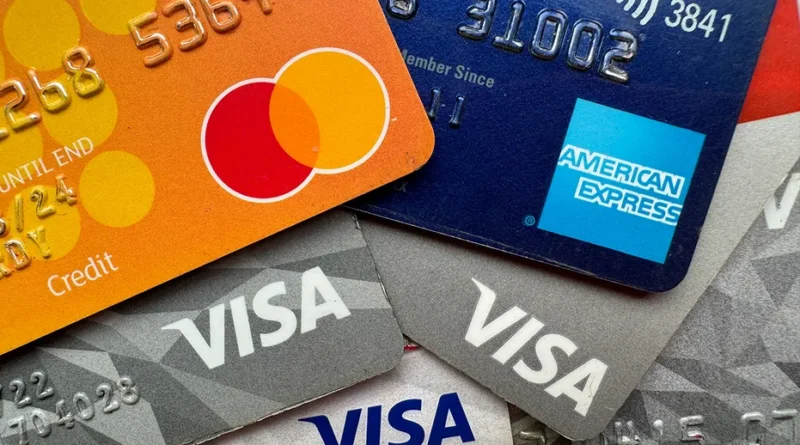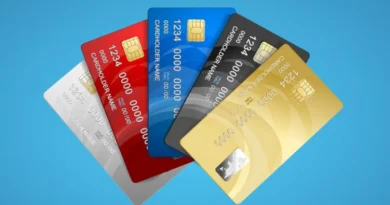The Legal Consequences of Misusing Credit Card Cashing
In today’s fast-paced financial world, credit card cashing has become an attractive option for individuals seeking quick access to funds. The convenience of turning credit card limits into cash can seem like an easy solution for immediate financial needs. However, this convenience comes with a hidden risk—misusing 신용카드현금화 can lead to serious legal consequences, financial penalties, and even criminal charges. Understanding the risks associated with illegal or unethical use is essential for anyone considering this financial tool.
Understanding Credit Card Cashing and Its Boundaries
Credit card cashing typically involves using a credit card to obtain cash either directly from an ATM, through a bank, or via third-party services. While legitimate cash advances from banks are legal, problems arise when individuals attempt to circumvent the rules set by credit card companies. Illegal methods may include using counterfeit credit cards, fraudulent transactions, or cashing services that misrepresent transactions to avoid fees or interest. These methods can cross into criminal territory, exposing the user to civil and criminal liability.
Financial institutions have strict regulations in place to prevent fraudulent activities. Misuse not only violates the cardholder agreement but can also lead to criminal prosecution. Authorities treat credit card fraud as a serious offense because it affects the entire financial system, undermining trust in banking institutions and credit networks. Misuse of credit card cashing, therefore, is not merely a personal risk—it has broader legal implications.
Legal Ramifications of Misuse
The legal consequences of misusing credit card cashing vary depending on the severity of the act. Minor infractions, such as exceeding the cash advance limit or failing to report a lost card, may result in fines, interest penalties, or temporary suspension of credit privileges. However, more severe actions like fraud, forgery, or identity theft carry criminal charges. These charges can lead to long-term imprisonment, substantial fines, and a permanent criminal record that affects future employment, loans, and even travel opportunities.
Civil lawsuits are another possible consequence. Credit card companies often pursue legal action to recover lost funds, additional fees, and damages. Even if criminal charges are not filed, cardholders may find themselves facing lawsuits that could deplete their savings and damage their financial reputation. Legal proceedings also generate additional costs in the form of attorney fees and court charges, compounding the financial burden.
The Broader Impact
Beyond the immediate legal and financial consequences, misuse of 카드깡 cashing has a broader social and economic impact. Individuals caught engaging in fraudulent activities may find it difficult to rebuild trust with financial institutions. Credit scores may plummet, and future access to credit may be severely restricted. In some cases, the misuse can even trigger investigations into connected financial networks, affecting other businesses or individuals inadvertently involved.
Furthermore, legal records of financial crimes can linger for years, influencing social perception and professional opportunities. In today’s interconnected world, news of financial misconduct spreads rapidly, often causing long-term reputational damage that extends beyond the individual to family and business associates.
Conclusion
While credit card cashing can provide short-term financial relief, it comes with serious responsibilities. Misusing this tool can lead to severe legal consequences, including criminal prosecution, civil lawsuits, and permanent damage to one’s financial credibility. The key to avoiding these risks is understanding the boundaries of lawful use, adhering to the terms set by financial institutions, and exercising ethical financial behavior. By staying informed and cautious, individuals can benefit from the convenience of credit card cashing without falling into legal trouble.



